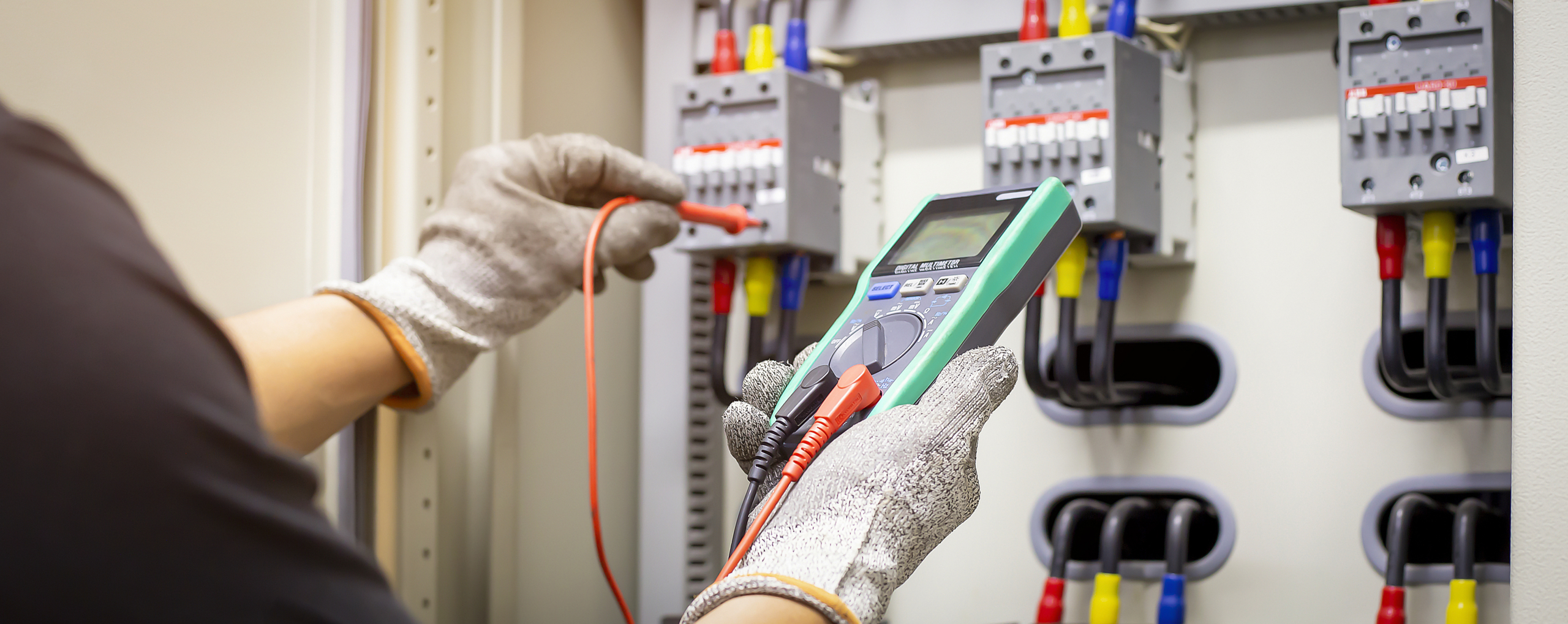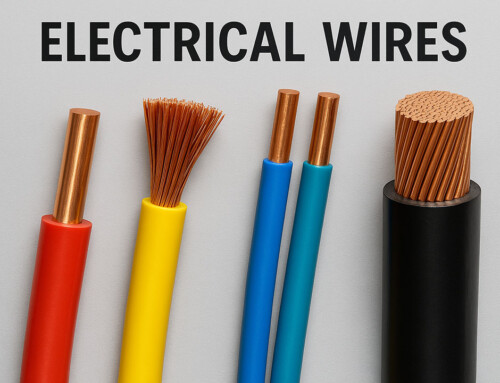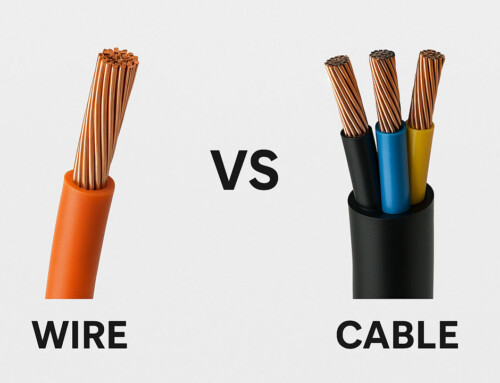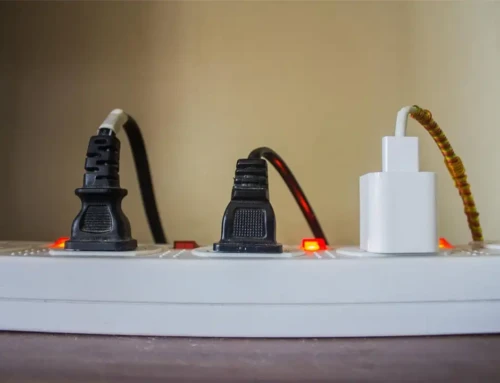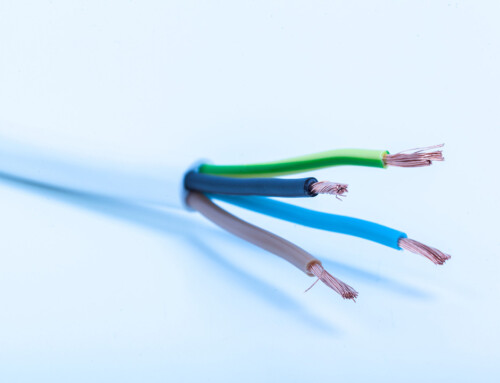Table of Contents
Safety should always be the first priority when it comes to electrical work. Therefore, an electric voltage tester is essential for any electrician or DIY enthusiast. This simple instrument helps you in sensing electrical voltage in circuits. So, it allows you to operate with confidence and prevent any problems.
But what is an electric tester? What is its relevance in electrical work, and how do different types of electrical tester function? You would also want to know the factors to consider when purchasing the voltage tester. This blog post is here with answers to all these queries and some more information on voltage testers. So let’s get going!
How Voltage Testers Detect Electrical Voltage?
You often need to test a live wire to determine if a circuit is energized or de-energized so that you can operate safely. But how to test live wire? Well, you can do it using a tester. When the voltage tester comes into touch with a live wire or circuit, it notifies the user by emitting a visual or auditory signal that indicates the existence of voltage.
Voltage testers also detect electrical voltage in circuits. They function by determining the potential difference between two sites in a circuit.
5 Types of Voltage Testers
Let’s break down 5 types of testers so you can choose which one suits your need:-
-
Non-Contact Voltage Tester or Inductance Tester
Because of their simplicity and ease of use, non-contact testers are pretty popular. They sense voltage using electromagnetic fields rather than direct contact with the circuit. Simply bring the tester close to the power source, and it will provide a visual or auditory indication indicating the existence of voltage.
-
Neon Voltage Tester
Neon testers, also known as neon circuit testers, detect the presence of electricity using a tiny neon bulb. When this tester comes into touch with an energized circuit, the neon bulb illuminates, indicating the presence of voltage. This is what a neon tester is and how it works.
-
Solenoid Voltage Tester
Solenoid type of voltage testers are older but still extensively used. They are made up of a wire coil and an iron core. When electricity is detected, the coil produces a magnetic field, which causes the iron core to move, indicating the presence of voltage. Solenoid testers are dependable and ideal for a wide range of applications.
-
Continuity Tester
Continuity testers are primarily intended to assess a circuit’s continuity. They aid in determining if a wire or component is continuous, which means that electricity may flow through it. When connected to both ends of a circuit, the voltage continuity tester will show if the circuit is complete or broken.
-
Multimeters
Multimeters are multipurpose instruments that can measure voltage, current, and resistance. They’re common in electrical work and troubleshooting. While multimeters are not just for voltage testing, they are helpful because they can do many electrical measurements correctly.
So, what are the types of measurements a multimeter can do? It depends on the type of multimeter you choose. There are 4 more types, as follows:-
- Digital: They measure precisely and display the results on an LCD screen.
- Auto-ranging: These multimeters are designed to choose the best measurement range based on the electrical signal being checked.
- Clamp: They have a movable jaw that can clamp around a wire and monitor the current without being obtrusive.
- Analog: They display measurements on a scale with a needle or pointer.
4 Factors to Consider When Choosing the Best Voltage Tester
When it comes to choosing the best voltage tester, there are 4 factors you should consider. Let’s take you through them:-
-
Design
Consider the voltage tester’s ergonomics and user-friendliness. A comfortable grip and simple controls can improve your entire experience, especially if you use it for long periods.
-
Functionality
Examine the features and capabilities of a voltage tester in front of you. Check that it satisfies your unique needs, such as the capacity to detect voltage in specific voltage ranges or to make extra tests.
-
Compatibility
Check to see if the voltage tester is compatible with the electrical systems and standards you intend to use. Because voltages and electrical laws vary by location, selecting a tester that meets your requirements is essential.
-
Longevity
Invest in a sturdy, long-lasting voltage tester. Consider the materials used and any additional features, such as protective casings or self-test functions, that may extend its lifespan.
Voltage testers are essential instruments for everyone who works with electricity. They offer a dependable method of monitoring electrical voltage in circuits, assuring safety and avoiding potential mishaps.
With so many possibilities, from non-contact testers to multimeters, selecting the best voltage tester necessitates careful consideration of criteria like design, functionality, compatibility, and lifespan.
You can confidently handle electrical jobs while maintaining a safe working environment if you invest in the correct electric tester for your needs.

